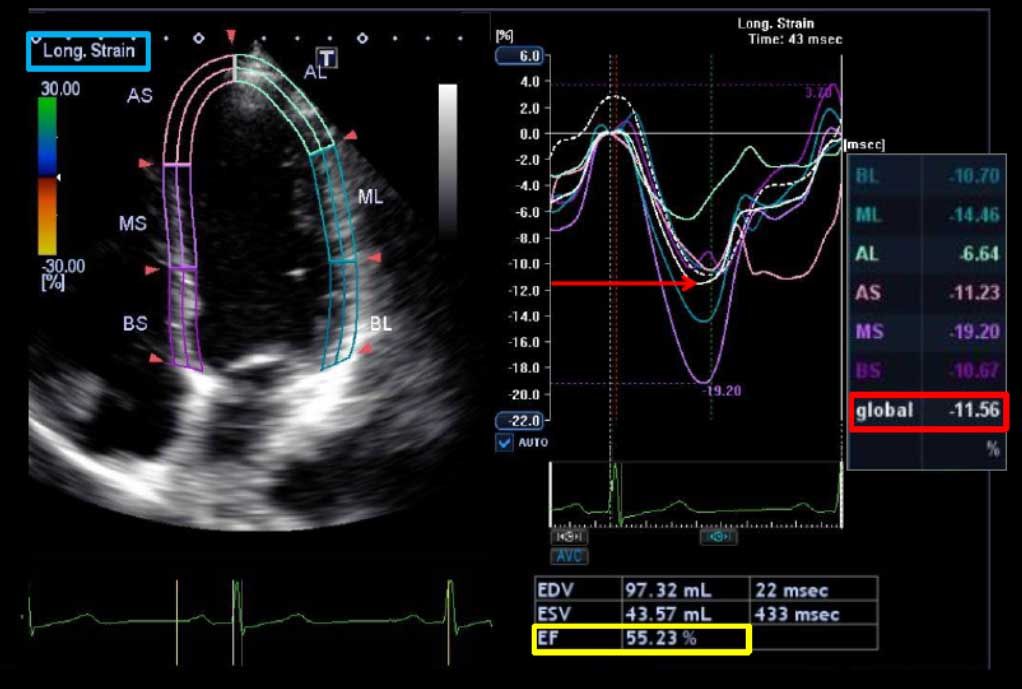Citalopram Linked to Abnormal Heart Rhythm
A US Food and Drug Administration (FDA) alert now warns that citalopram has been associated, in a dose-dependent fashion, to prolonged QT interval, particularly in patients at risk for hypokalemia and hypomagnesemia. The drug label has been revised to include new drug dosage and usage recommendations.
The FDA warns that citalopram (Celexa, Forest Laboratories) should not be used in doses higher than 40 mg per day because of concerns that it can cause potentially fatal changes in heart rhythm.
An alert issued to healthcare professionals and patients cautions that the drug has been linked to prolonged QT interval in a dose-dependent manner. Patients at particular risk for developing the condition include those with underlying heart disease and individuals who are predisposed to low levels of potassium and magnesium in the blood.
Citalopram should not be used in patients with congenital long QT syndrome. Patients with congestive heart failure, bradyarrhythmias, or predisposition to hypokalemia or hypomagnesemia because of concomitant illness or drugs, are at higher risk of developing Torsade de Pointes, a rare type of ventricular tachycardia.


